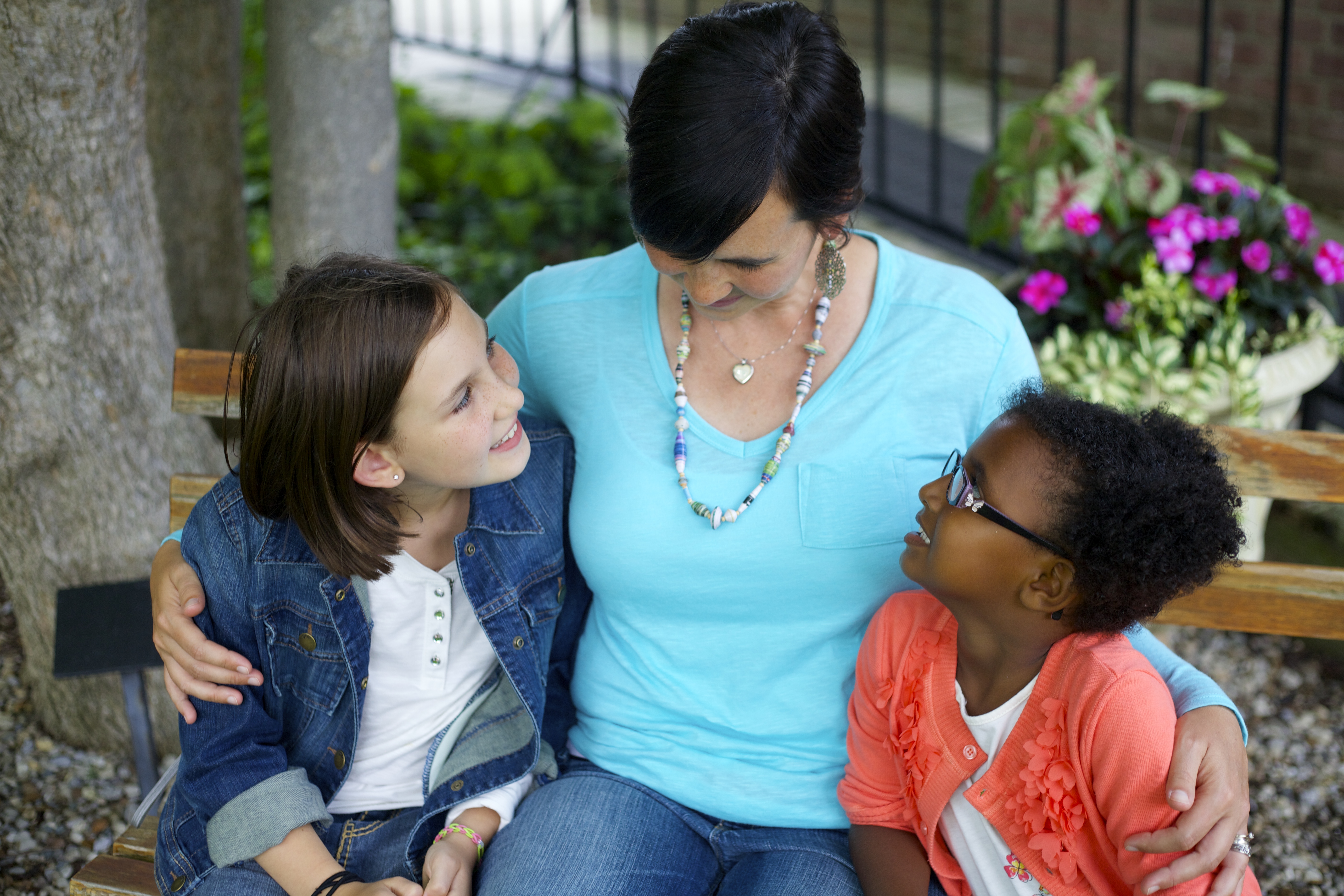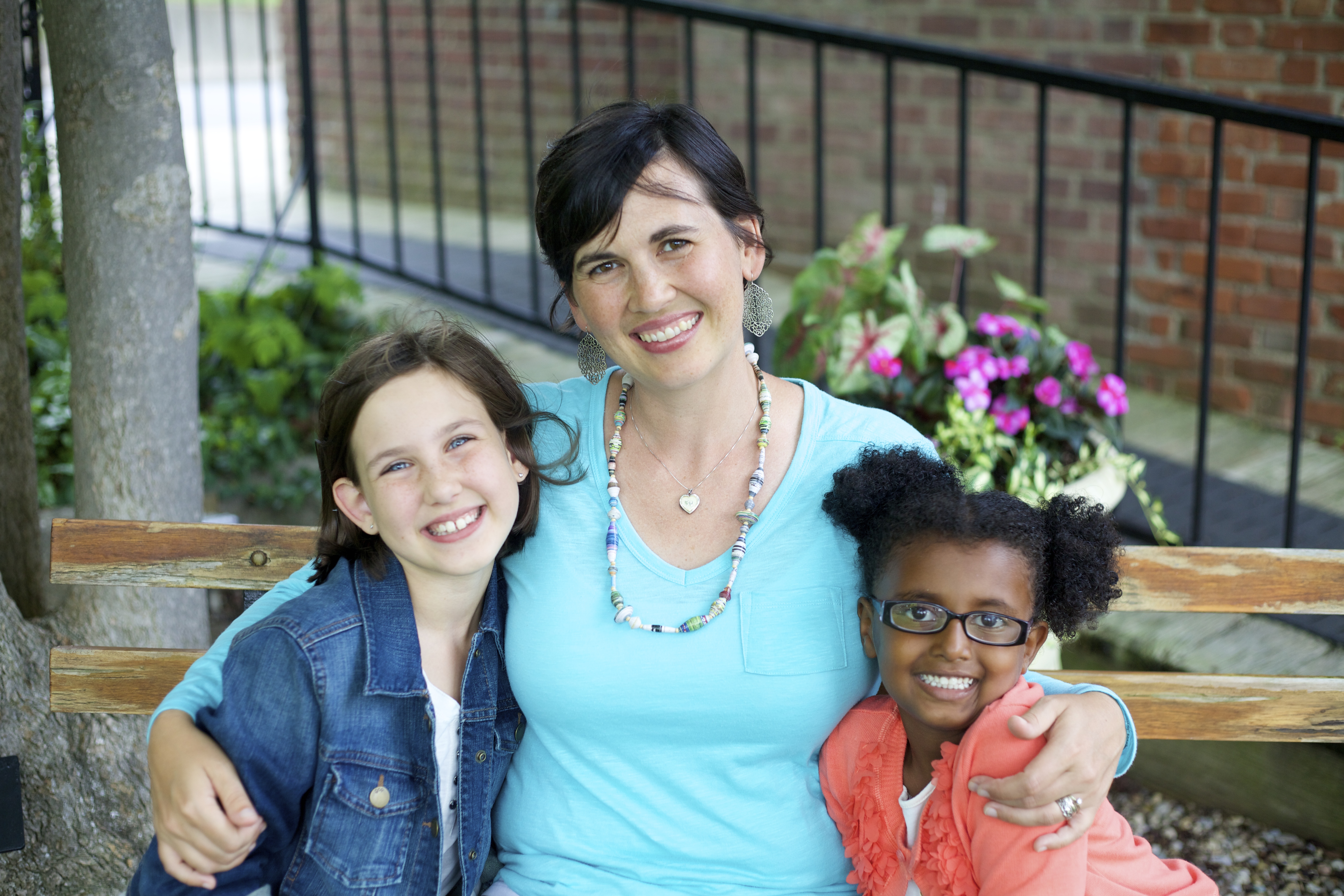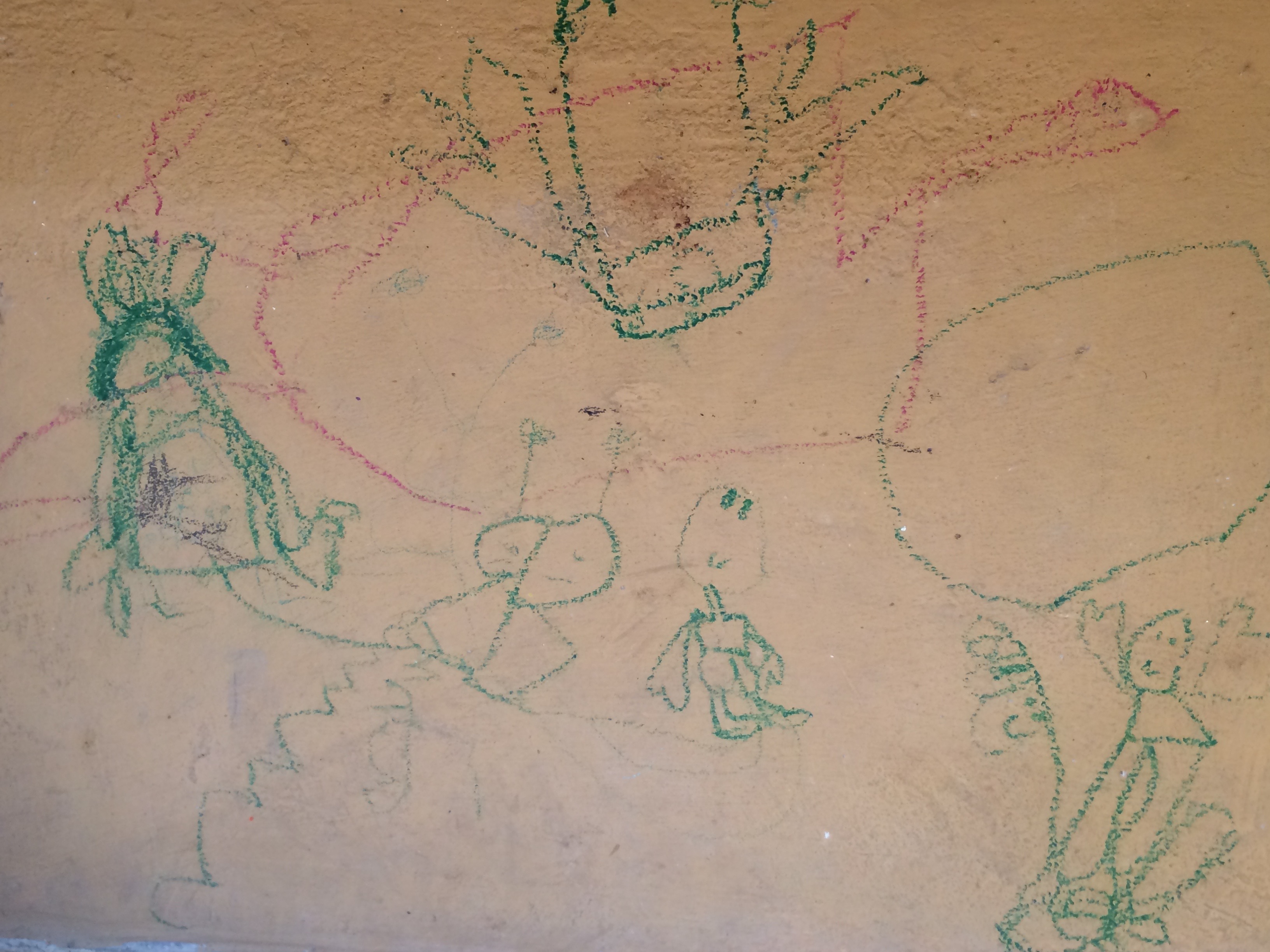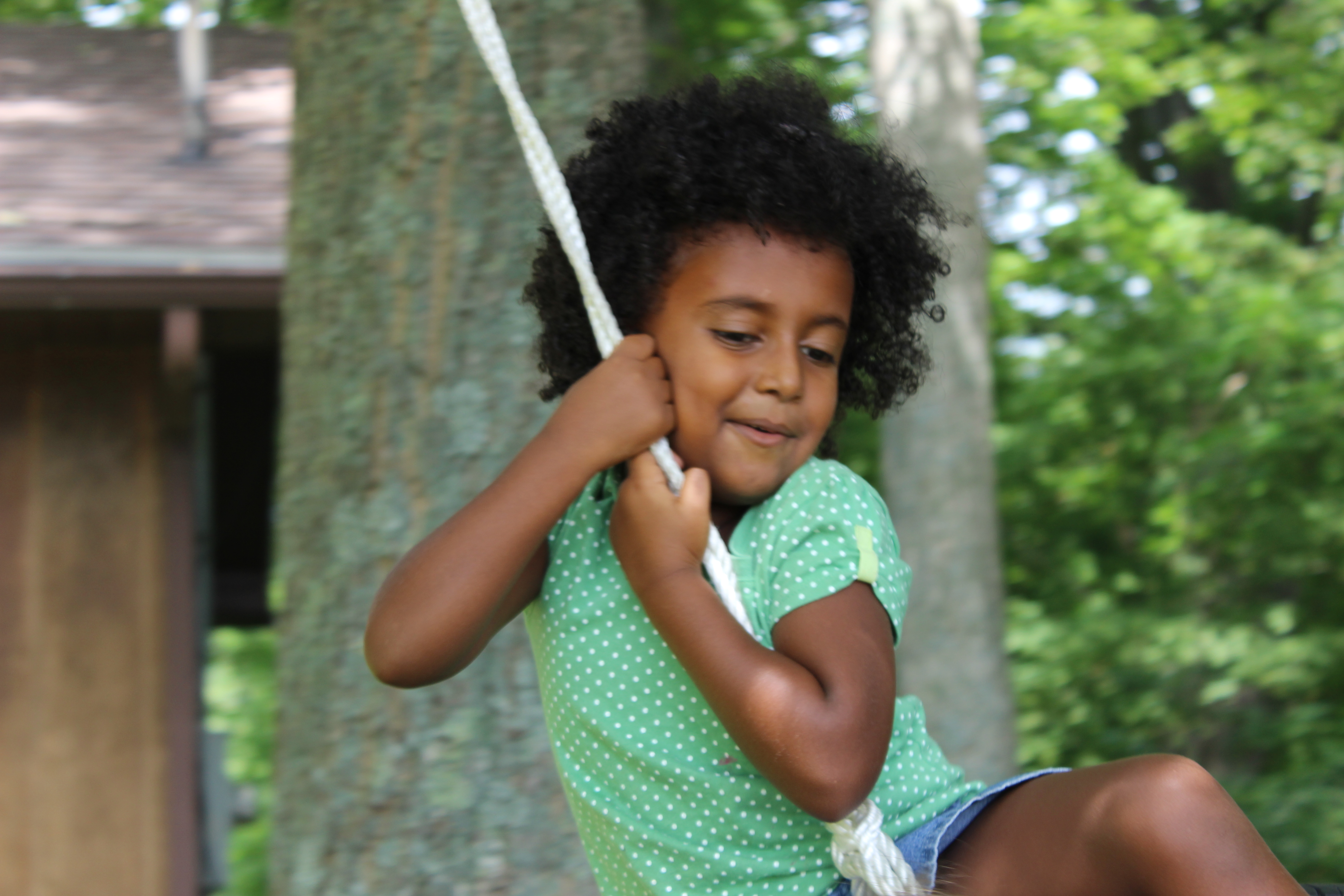Just a few thoughts today about parenting. I may be feeling a little extra today, just warning! 🤪
As I have shared before, it’s utterly ridiculous that I have written a book on parenting—therefore I do not claim that I have! My claim is that I have written a book on connection, teaching emotional intelligence, compassion for the growing brain, and all from the vantage point of a mom who has messed up in all of the above…enough to write a whole training manual on it!
I don’t mean to be dramatic but sometimes…y’all. Sometimes I really don’t know what my next step needs to be as a mom and if I am getting it all wrong, just fundamentally wrong! Sometimes I need a week to decide how to respond to something my kids have done because I do care how they feel and I do care if they will carry my voice in their head (in a negative way) yet at the same time my husband and I do have to be responsible and respond.
This week, I had the luxury of two days to figure out how to respond to this:
My almost 12 and almost 13 year old daughters, who aren’t allowed to eat in their room, had hidden 2 dishes with food still on them in their closet shelves which are full of toys, games, etc. This particular problem was new, but the heart behind it was not…laziness, hiding things, being sneaky, and disregard for rules, (let alone mice and roaches).
I was really thankful they had just left for two days when I found the dishes and food, because having to deal with things like this tends to feel like it sets us back in our attachment. I’m just being honest. Anyone else out there feel this?
In the time I had, this is what came to mind:
Some people in my life tell me, “Oh, they’re just kids. Don’t be too hard on them” (for things like having to be told multiple times to check their chore chart, hiding junk under their bed and saying they cleaned, or making excuses for not staying with their sibling at a public event when explicitly told to). But then sometimes those same people say, “Gotta let those kids start to do more adult things” (like stay home alone, have computer/tv time without adult supervision, or walk around with friends at a ballgame) “and it’s good for them to have opportunities to sink or swim.”
And I agree with both. But you know what? I’m feeling like there is too much of both and not enough of a third option, a third option that would actually put the weight of responsibility on the right party: the kids who are longing to do adult things but won’t/can’t even follow simple cleaning instructions or won’t/can’t meet you at a certain time to get back together at an event.
I’m honestly just kind of tired of it. Jesus, take the wheel! I want to stop giving privileges to my kids if they haven’t gotten the basics yet. That’s coming from a negative space because I’m tired and just being brutally honest, but this morning, after 2 days away from them, I was (by God’s amazing grace) actually able to approach it from a positive space!! I told them I wasn’t going to punish them and I wasn’t even mad, but that because of what I found (and actually shared 3 or 4 other small instances that were all adding up to the same ending), I needed them to know that these are things that make me see I need to be more involved in checking in and checking up on everything I ask them to do. I shared with them my vision of how I felt things could be if they would be more mindful of their choices and more trustworthy. I told them that how much I check in and check up and verify the truth was going to be based on what kind of behavior I see, and if that felt like I was treating them too childishly then they need to up their game!
I told them that this is how I am going to know what more mature responsibilities and opportunities they could have. Why why why would I give a young teen a phone or a debit card or even necessarily believe them when they have a conflict with someone if we are still dealing with library books shoved under furniture?
The time between being a kid and being an adult is hard. It needs a lot of grace and training. I told the girls that they are showing me they need lots of grace and training, and that honestly, this is okay…but I guess where I am heading with all this is that they need to correlate this “grace and training” to a ramp toward getting those privileges they long for. They can be frustrated all they want but we can’t jump to D and E if we haven’t nailed A,B, and C. I guess we just needed to clarify where we are. And they needed to know they get to have a lot of say in that location; they can move us into territory anytime now!
Where are you in all this? Do you feel sometimes like the kids dictate how things go in your house? Do you re-do things for your kids? Do they get privileges while at the same time you are having to ask them to get up and finish something they started? Who is the one actually suffering from the consequences of their choices? Just some good things to consider…I’m sure considering them over here!
I’m praying that through grace, training, and consistency— always connection over correction, but still, correction!— they will see the equation that hard work and honesty pay off, and there is not going to be a consolation prize or a participation trophy in life, jobs, relationships, and character. We have to put in the time to make a home, education, extracurricular, health, and relationships work well, all of us, adults and kids!
With lots of forgiveness and communication, we can do it…and hopefully they will, too ❤️





